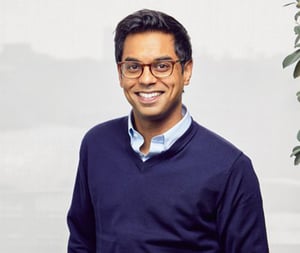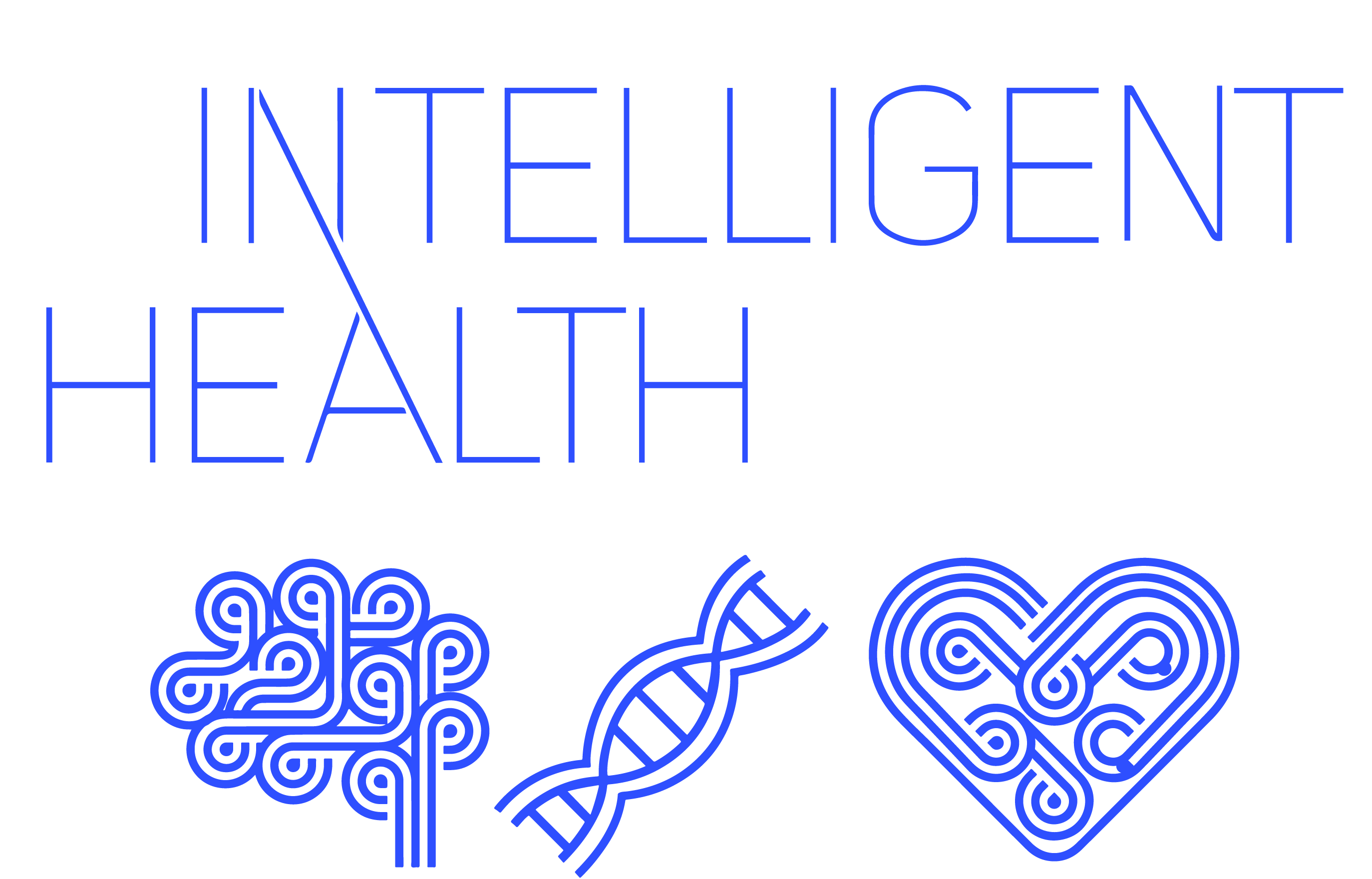Ahead of the London premiere of Intelligent Health UK, we interviewed the UK Research Lead at Google Health, Dr Alan Karthikesalingam, about his thoughts on healthcare innovation ahead of his headline talk: Overcoming challenges to bring digital transformation to healthcare - a physician’s perspective.

Q: What excites you most about the application of AI in healthcare?
Healthcare is complex and is becoming increasingly so. Doctors and other caregivers are under various pressures to deliver high-quality care whilst healthcare costs are increasing and there are pervasive issues of avoidable harm (for example around 1 in 20 patients experience some form of avoidable harm whilst in hospital in the UK). I believe that technologies like artificial intelligence could help alleviate some of these pressures by enabling more accurate and available diagnostic expertise, democratising excellent care and giving doctors and nurses more time with patients. This may be through using AI models to augment diagnosis in medical imaging or to improve diagnostic triage in areas of the world where expertise is scarce, or even to identify patients at risk more quickly from electronic health records and then direct preventive therapies. If explored correctly - with appropriate care and scientific rigour - the potential benefits to doctors, patients and health systems could be significant.
Q: What’s your biggest fear about the application of AI in health/medicine?
I’m not sure fear is the right word, but there are definitely challenges to achieving clinical impact with AI in healthcare. My colleague Chris Kelly and I set out some of these in a recent editorial. A lot of prominent AI research has not yet been clinically-validated or sufficiently developed into medical device-grade software for widespread clinical deployment. There are some challenges to address before doing so, including embedding user experience research and design to ensure AI systems are explainable and intuitive for their users; making sure that clinicians can audit the basis of algorithmic outputs; mitigating the differences between training populations for AI systems and the populations in which they are used; building safe deployment pathways and monitoring these systems to prevent harm. The involvement and engagement of patients and the public are also critical. There are numerous dependencies - from interoperability and digital-readiness or infrastructure– that will also need to be developed to enable the widespread use of this technology.
Q: How do you think AI will make its biggest mark in healthcare in the next 5 years? 10 years? 20 years?
Much of the focus at the moment is on applying AI to medical imaging to support doctors in existing diagnostic tasks. This is something we’re working on a lot at Google Health, from using AI to detect breast cancer in de-identified mammography scans to applying it to eye scans to help identify the developing signs of blinding eye diseases. It’s also exciting to see how researchers are applying AI to identify new insights about disease and health from medical images, for example, the prediction of cardiovascular risk from retinal fundus photos. There is a growing interest in applying deep learning methods to electronic medical records so that doctors and nurses can, in the future, use more personalised risk predictions to direct preventative care. I think we will see a lot more progress in the years to come and an emerging body of prospective clinical scientific evidence for these tools in practice.
Q: How do you think AI will change human contact in healthcare?
I see the role of healthcare AI as giving doctors and nurses more tools to help make complex care-related decisions and helping to alleviate some of the pressures they face in modern healthcare. Clinicians have trained for many years and undertake sophisticated and important work but they are often over-stretched with heavy workloads. AI might provide tools that ease the burden and support decision-making, or enable outreach of clinical experts to previously underserved communities by triaging the most urgent cases for expert physicians to see. This will help free up more time for the doctor-patient relationship and give doctors the space for decision-making and reflection.
Q: Which 2 people do you admire most in the world of AI?
This is an almost impossible question in a field with such extraordinary pioneers. If pressed I would say Geoff Hinton for laying so many of the foundations of the underlying science, and Google/DeepMind luminaries like Jeff Dean, Mustafa Suleyman and Demis Hassabis for not only their fundamental brilliance and innovations, but for leading novel working environments in which brilliant multidisciplinary teams come together and apply powerful scientific advances in AI to pressing social challenges like healthcare, climate change and clean energy, or scientific discovery in fields like genomics, protein folding and quantum computing.
GLOBAL AI EVENTS CALENDAR
Here is your Global AI Events Calendar where you can meet the Inspired Minds community of business leaders, heads of government, policy makers, startups, investors, academics and media.
WORLD SUMMIT AI AMERICAS
March 25-26th 2020
Palais des congrès de Montréal
Montreal, Canada
INTELLIGENT HEALTH
09-10 September 2020
Basel, Switzerland
WORLD SUMMIT AI
07-08 October 2020
Amsterdam, The Netherlands
WORLD AI WEEK
05-09 October 2020
Amsterdam, The Netherlands
INTELLIGENT HEALTH UK
2 & 3 February 2021
London, UK


